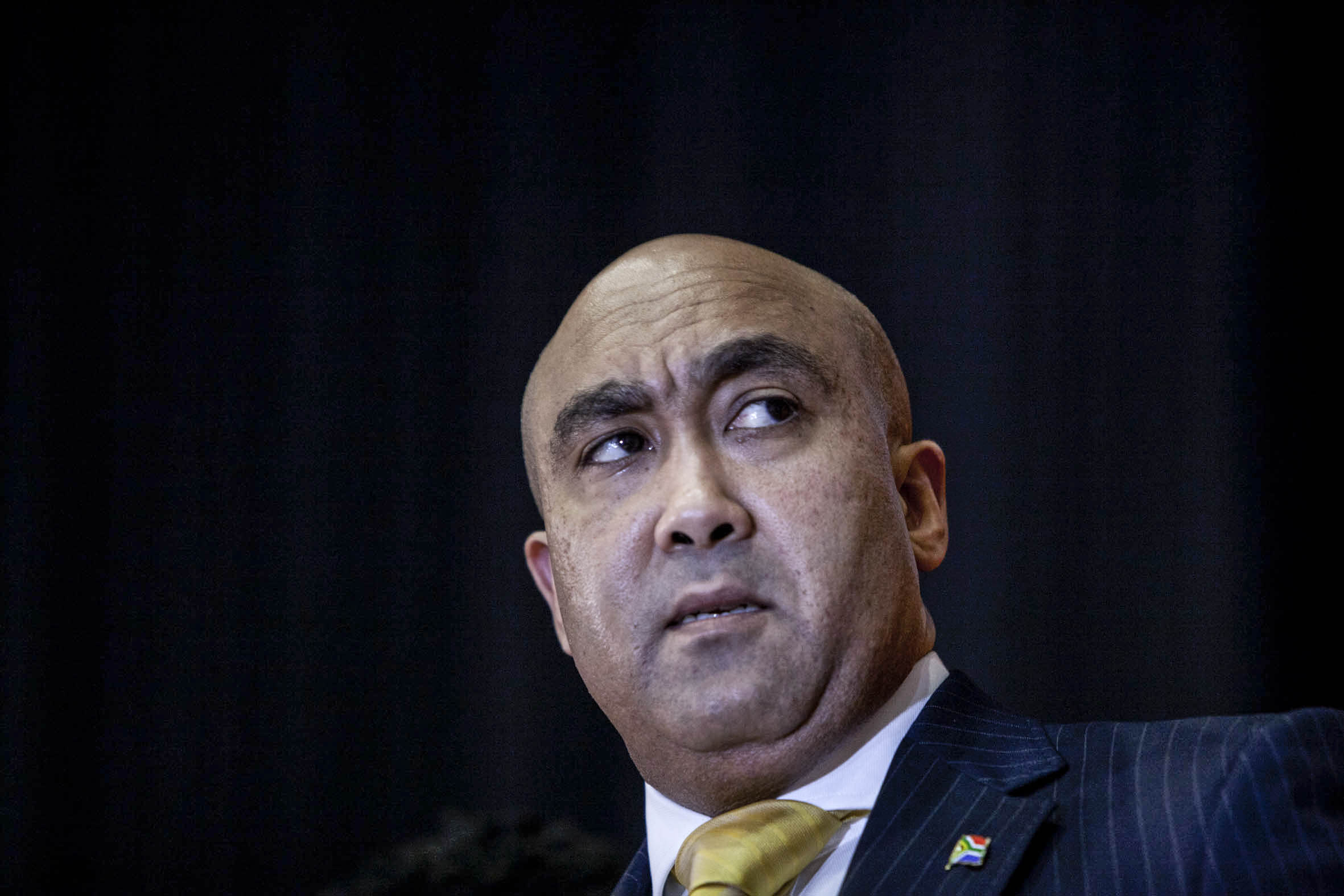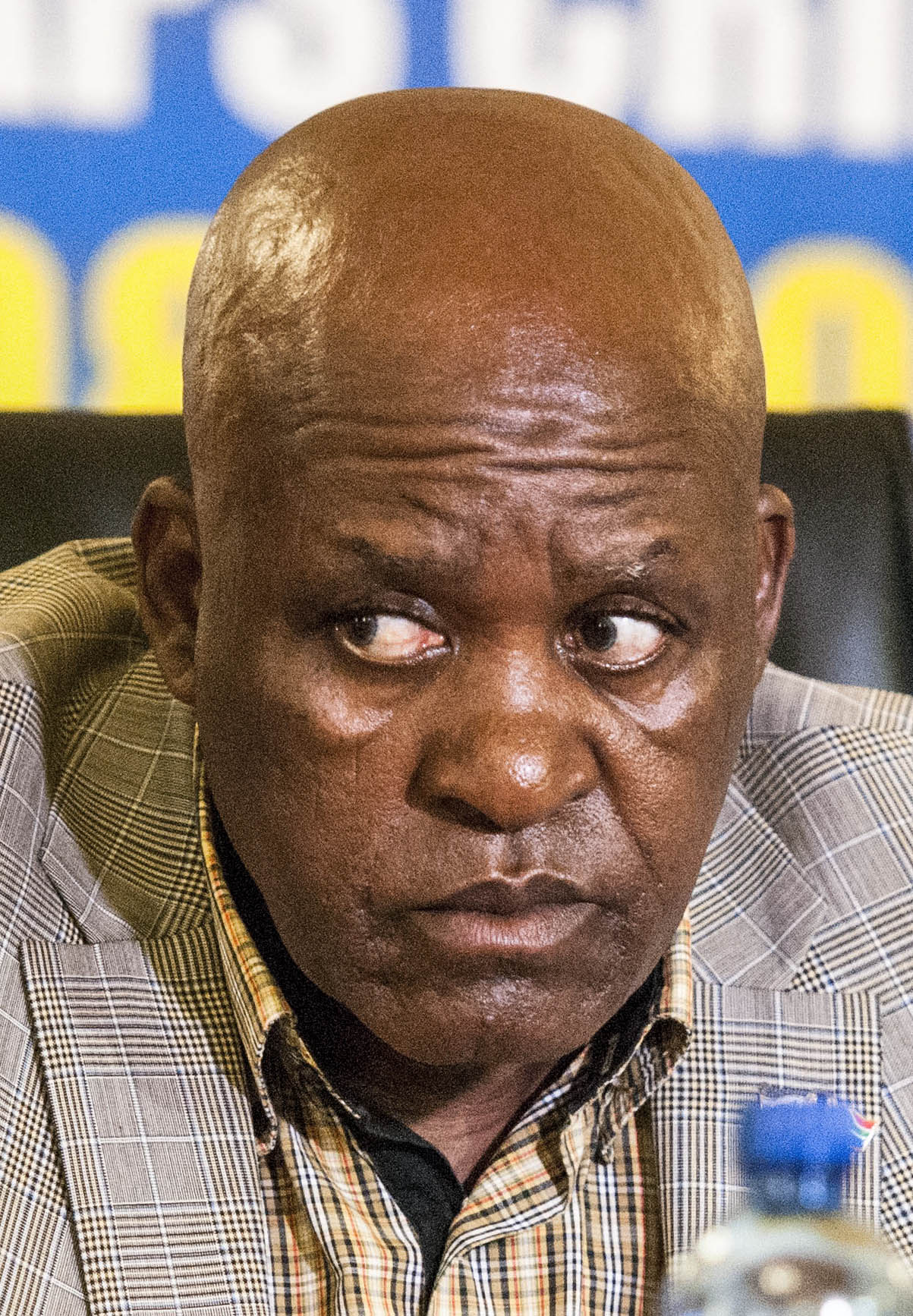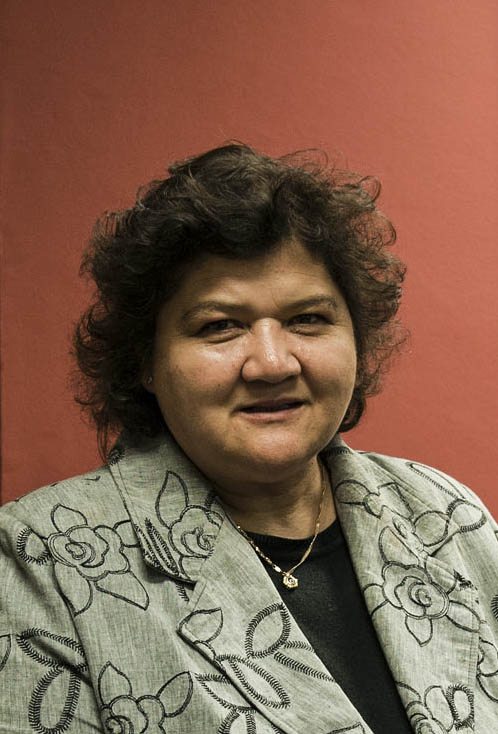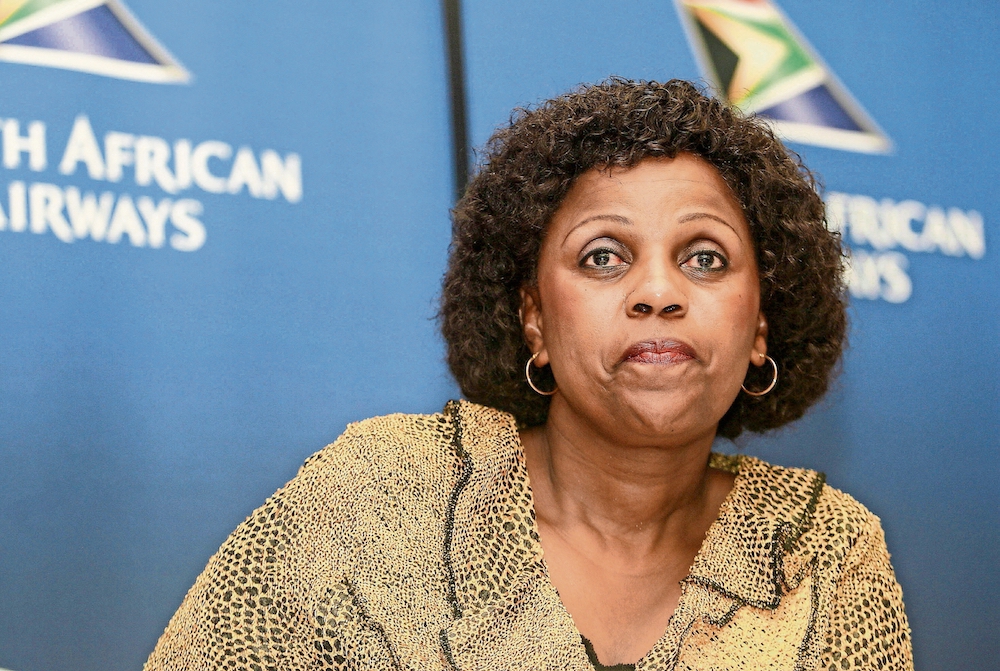“Every vote counts
NEWS ANALYSIS
The year 2016 has been President Jacob Zuma’s annus horribilis. The wreckages of political careers, all current or former Zuma apparatchiks, litter the way.
This time it is not the concerted falling from grace of anyone close to Zuma who has outlived their usefulness or suddenly discovered a section of their backbone. (Read Schabir Shaik, Julius Malema, Zwelinzima Vavi, Bheki Cele and Mxolisi Nxasana, to name but a few.)
It is significant that civil society activism has triggered the fall of Zuma’s allies.
There is no doubt that Zuma’s power is waning, independent political analyst Ralph Mathekga says. “People are starting to think beyond Zuma. His previous blunders are also catching up with him. He is fighting on too many fronts.”
The nightwatchmen are in trouble. Head spook David Mahlobo was this week associated with a rhino horn smuggler.
Zuma was forced to initiate suspension proceedings against prosecutions boss Shaun Abrahams and his cohorts for the dodgy prosecution and withdrawal of charges against Finance Minister Pravin Gordhan. This came on the back of a National Prosecuting Authority (NPA) already robbed of Zuma’s number one backer, Nomgcobo Jiba, and her right-hand man, Lawrence Mrwebi.

Tax boss Tom Moyane, who initiated the charges against Gordhan, now himself faces criminal charges for keeping the lid on a damning report outing his second-in-command as an alleged fraudster.
The appointment of Hawks boss Mthandazo Berning Ntlemeza — under whose watch Gordhan and company are being investigated —might soon be declared unlawful.
In an ironic twist of fate, Ntlemeza’s investigators are now the suspects. Robert McBride’s police watchdog Ipid is investigating the Hawks after the Vlok Symington “hostage” drama at the South African Revenue Service (Sars).

Applying physical force, the Hawks retrieved a damning statement from Symington in which a Sars lawyer says that, for ethical reasons, he wants nothing to do with the Gordhan prosecution because he disagrees with the way the NPA and the Hawks conduct their business.
To add further fuel to the fire, McBride is back at Ipid and has been hard at work, reversing most of the decisions made after he was kicked out by Police Minister Nathi Nhleko. McBride himself was investigated by the Hawks. Nhleko lost every case against McBride — as he lost nearly every case against former Hawks boss Anwa Dramat, former KwaZulu-Natal Hawks boss Johan Booysen and former Gauteng Hawks boss Shadrack Sibiya.
Nhleko is now under public scrutiny — as is Public Enterprises Minister Lynne Brown, Mineral Resources Minister Mosebenzi Zwane and Co-operative Governance Minister Des van Rooyen after the public protector’s report into state capture was released this month.

It said Brown was responsible for the establishment of a dodgy Eskom board that seemed to favour Zuma’s friends, the Guptas. The report further accused Zwane and Eskom chief executive Brian Molefe of conspiring against big business in favour of the Gupta family. Molefe resigned days after the report was released.
Members of the SABC board are fleeing the crime scene and the one left are to be probed by Parliament. The probe includes calls for an inquiry after controversial policy decisions were made and the reinstatement of Hlaudi Motsoeneng as group executive of corporate affairs.
And as if on cue, a recorded conversation where Economic Freedom Fighters leader Julius Malema relates how ANC secretary general Gwede Mantashe pleaded with him to stymie the nuclear deal, was leaked to the media.
Mantashe’s plea (which he now strenuously denies) that the nuclear deal will “collapse the country” underlines the deep rift that has grown in the ANC, Mathekga said.
All of this — an incomplete yet substantial list that has captivated South Africans — happened in the past 40 days.
Now a gatvol civil society is increasingly turning to the courts to rein in unbridled power.
Does this mean Zuma’s grip on strategic institutions is loosening? This oversimplifies the issue: what South Africans should keep a close eye on are the deals struck and the compromises made, Mathekga said.
“We need to be wary of thinking in terms of Zuma winning or losing outright and therefore discard possibilities of a compromise,” he said.
“His strategy will adapt; Zuma has done it before. This is a complex war that cannot be judged on one battle.”
Zuma is often criticised for the odd appointments he makes, but the compromises and deals he strikes mostly go unnoticed.
Keeping Dudu Myeni at the embattled SAA while allowing Gordhan to appoint her board was a strategic compromise on Zuma’s part, as was accepting Cyril Ramaphosa as deputy president.

Civil society also wanted the head of prosecutions boss Abrahams, and Zuma appears to be in a giving mood.
“The same will happen with the nuclear deal,” Mathekga said.
“Through Mantashe’s comments to Malema, we know some in the ANC are unhappy with the nuclear deal. Zuma might reason that it would, however, fund the party for 2019 and cannot be thrown out. Even Gordhan appears to play along.”
Ebrahim Fakir, a political analyst with the Institute for Sustainability of Democracy in Africa, agrees that it would be too hasty to say it is game over for Zuma.
“With Zuma we have two choices. You either think he is completely hopeless and totally incompetent, or, the one I’m inclined to believe, that he moves smartly and deliberately manipulates the state in a quest to systemically weaken it,” Fakir said.
“The strange and often inadequate appointments he makes are deliberate. The game plan is to use regulatory frameworks to delay and frustrate decision-making and action against these appointees. Only when forced can one expect Zuma to act.”
It is clearly a game of divide and conquer.
Mathekga cautions that “we forget how daring Zuma is. This is a battle not fought in the dark or the light. There are a lot of grey areas. It is not about Zuma losing and being out of power tomorrow, or winning and continuing with his tenure up until 2019. It is about compromises. It has a lot to do with his own strength, as well as the strength of his detractors. Zuma’s detractors have fought their battles in the media, but in the ANC it doesn’t work like that.”
South Africans dare not focus on whether our president wins or loses the battle: we will not be privy to the deals that will be struck while we watch the dominoes fall.